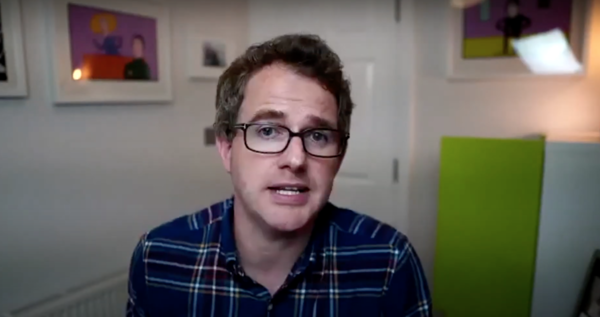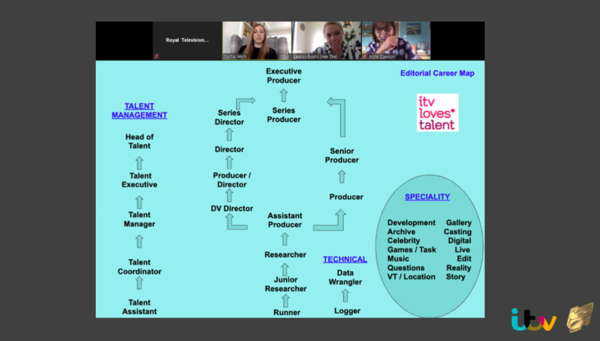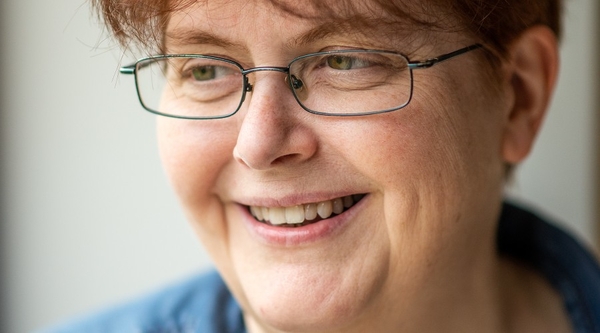The Future of Shows | RTS Thames Valley
With virtually all exhibitions and show events cancelled until at least the end of 2020, an RTS Thames Valley panel of guests discuss whether shows, as we have known them, have a future, and if so, what might they look like? Or will it be “business as usual”?





